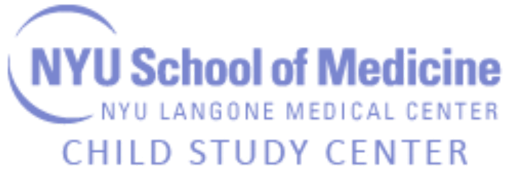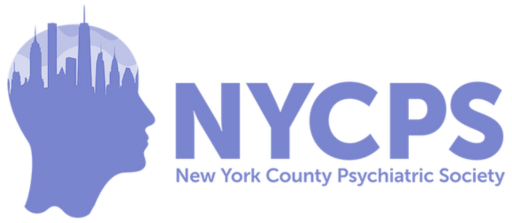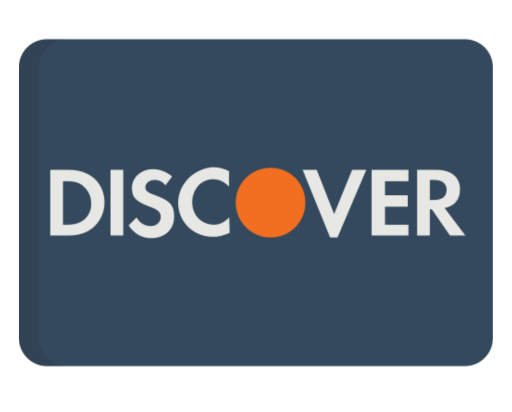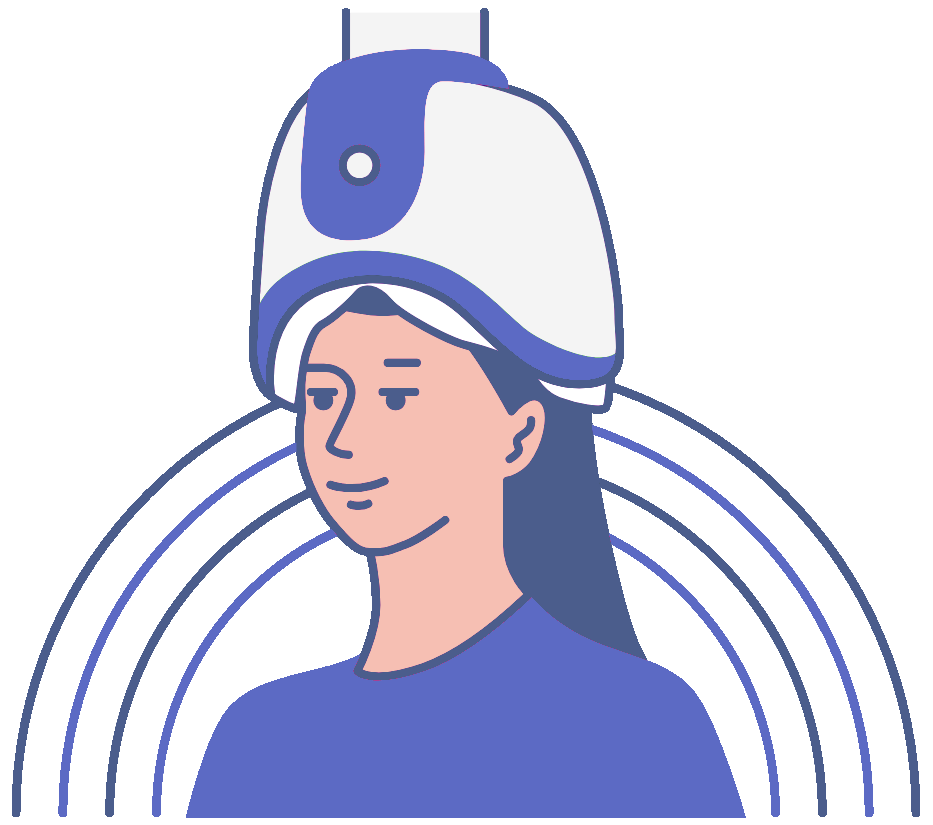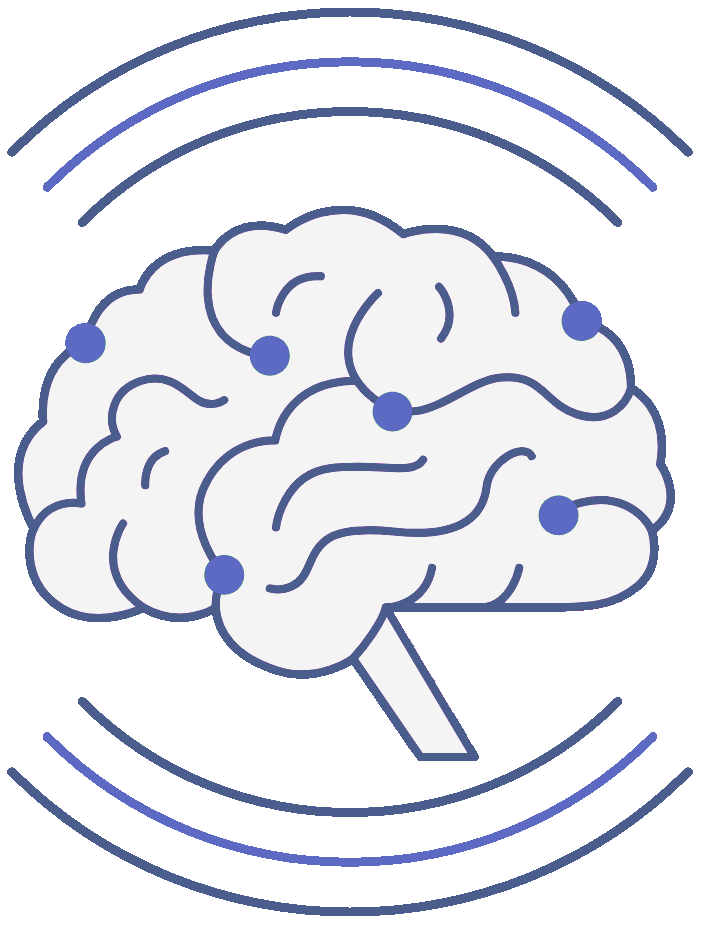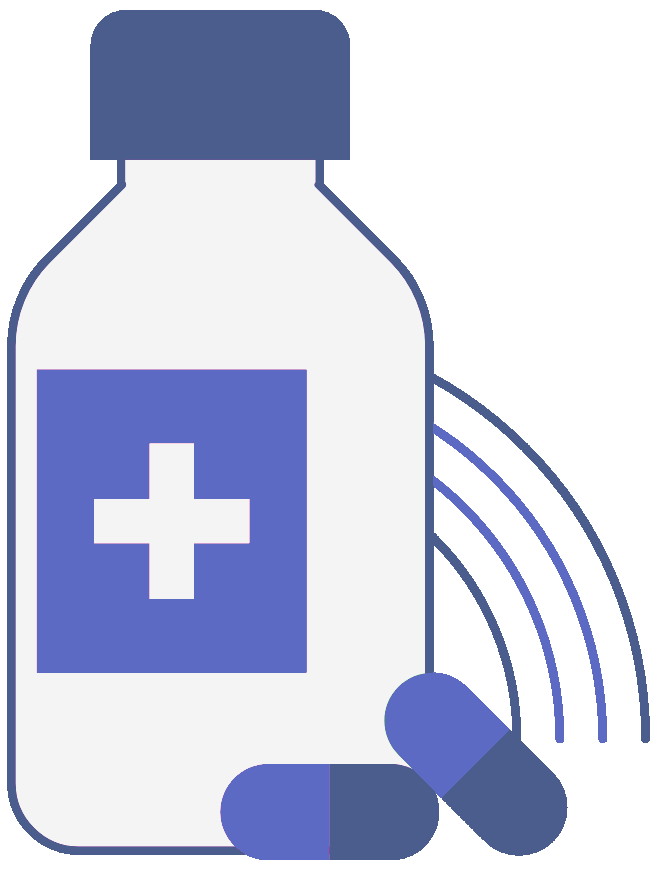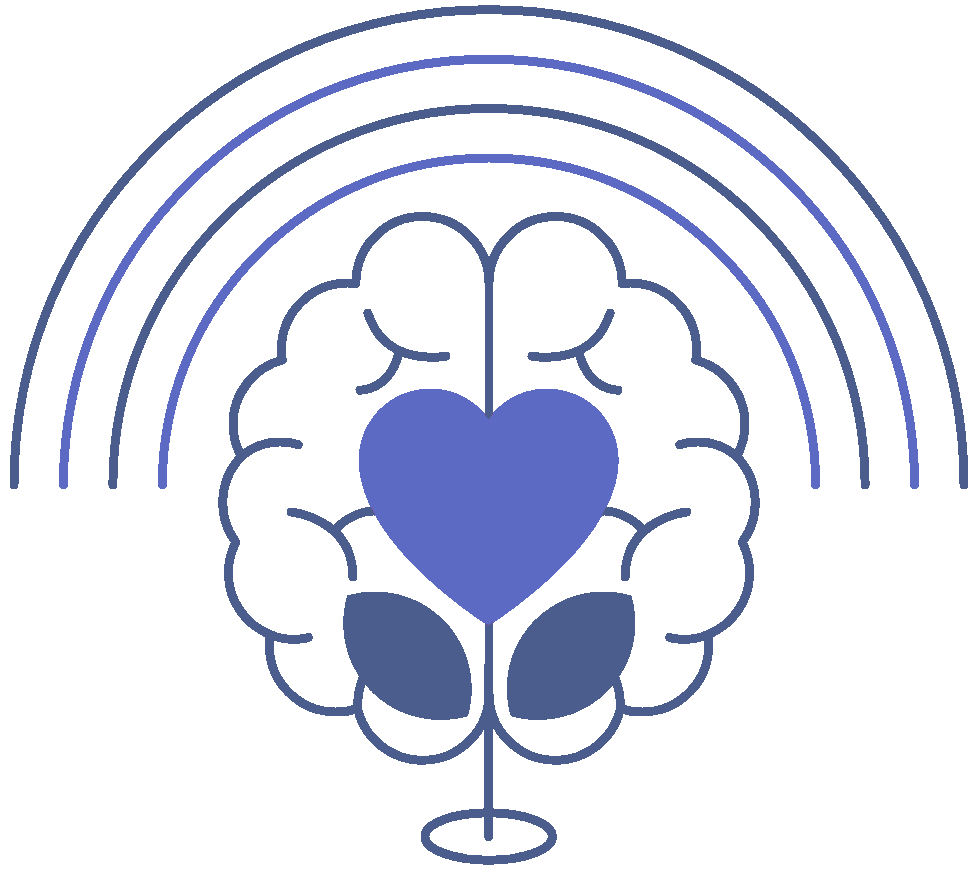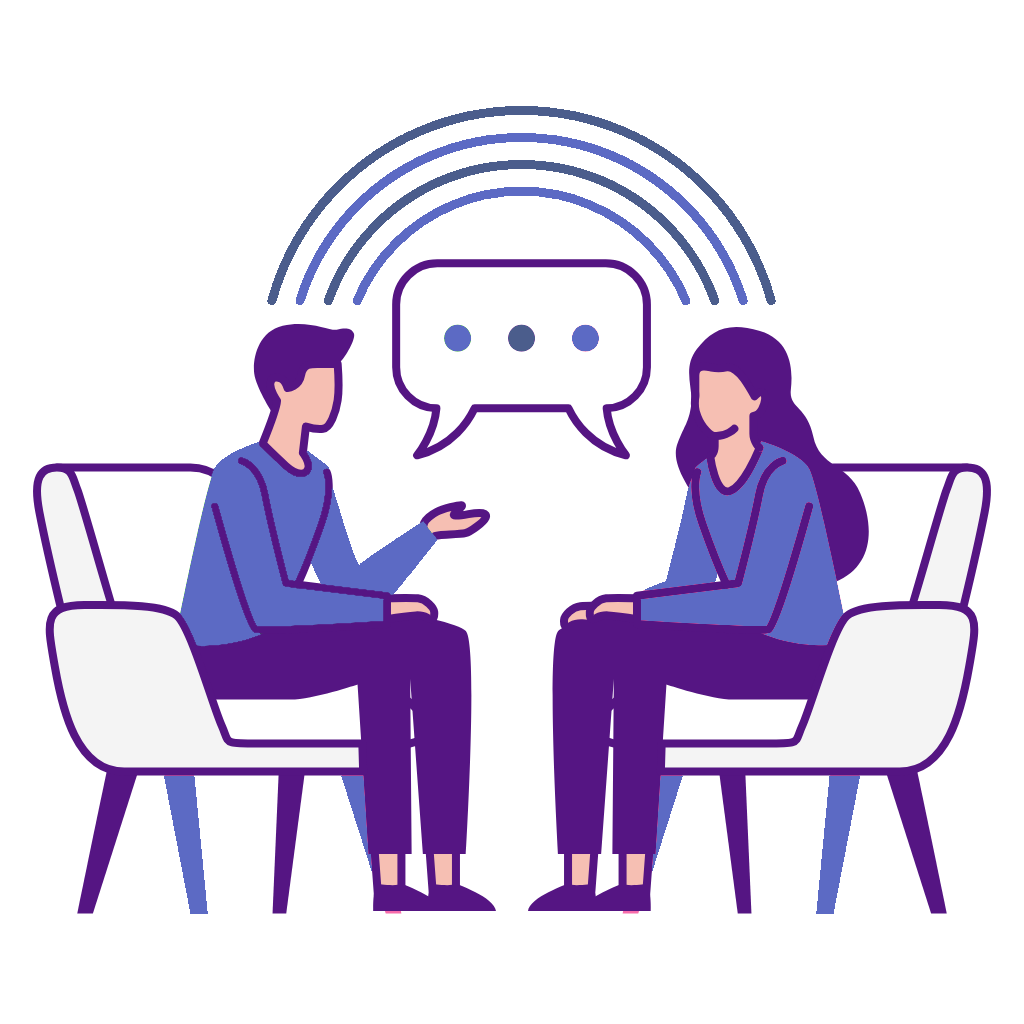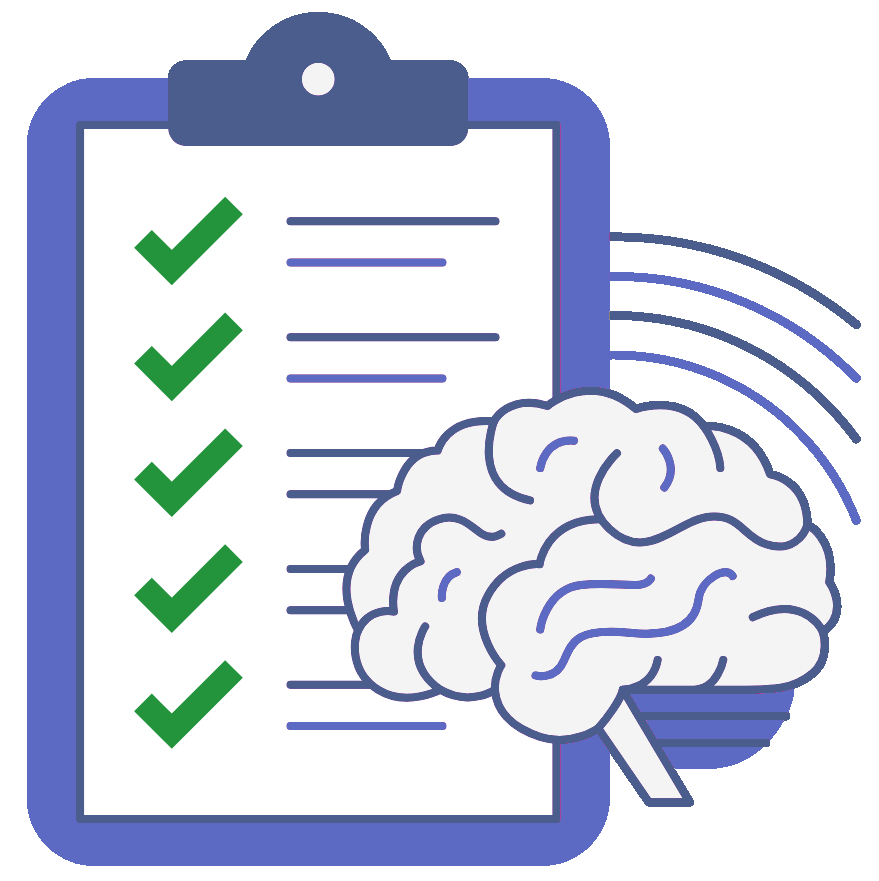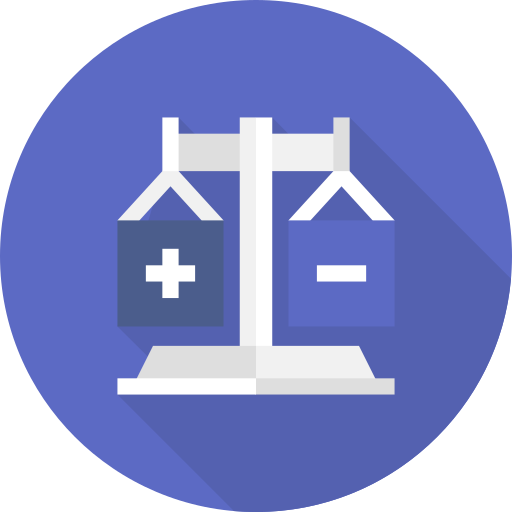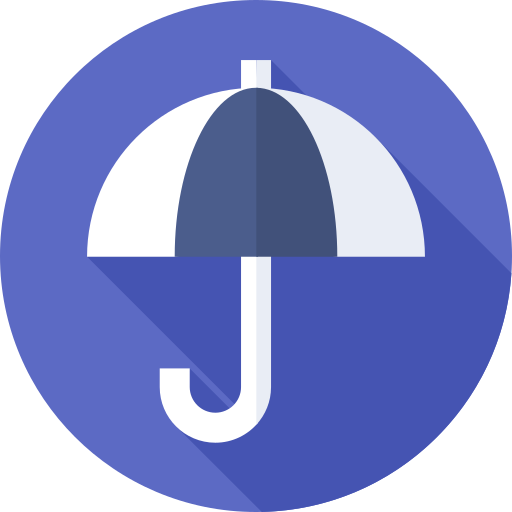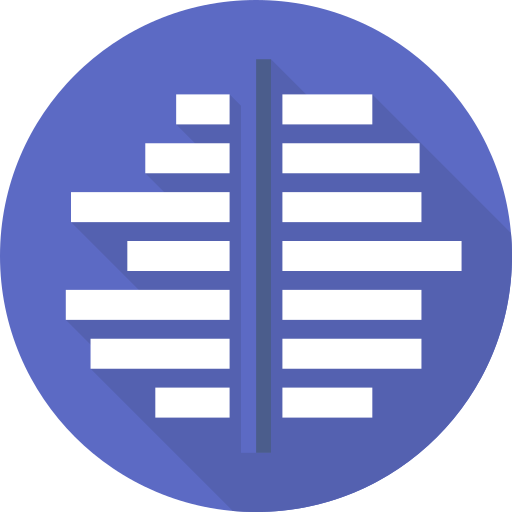Rapid Relief in 5 Days
Accelerated TMS
A Faster Way to Treat Depression


All-Inclusive Program for $12,000

80% response rate and a 51% remission (Brainsway)
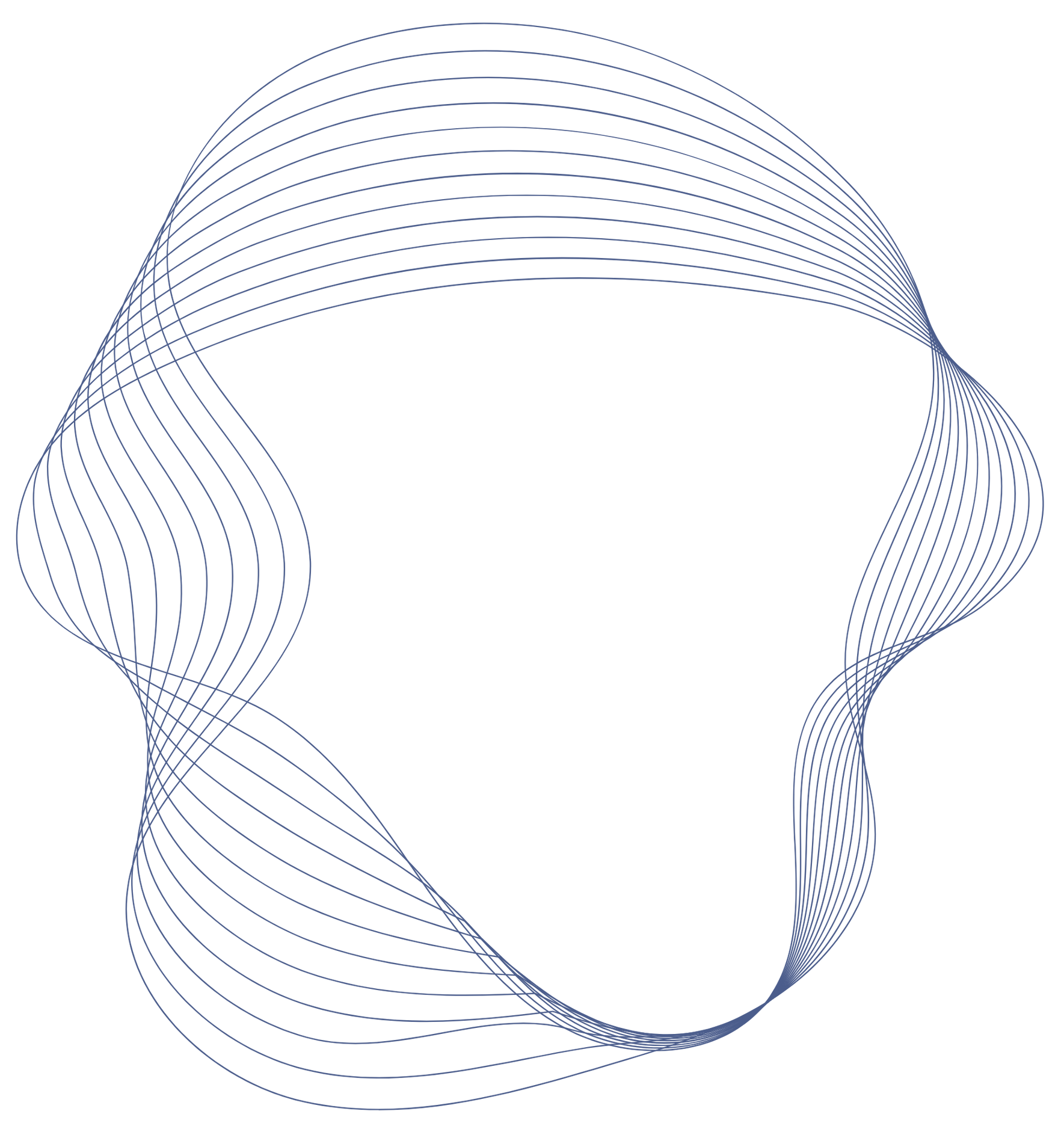
The Reality of Living with Depression
Depression affects more than how we feel—it impacts how we live. For millions of people each year, major depressive disorder (MDD) doesn’t just show up as sadness. It can feel like a heavy fog, a loss of connection, or a slow, quiet numbness that makes it hard to show up in your own life.
At Integrative Mind, we know how isolating that can be. We work with people every day who are pushing through their routines—holding it together for family, showing up to work, going through the motions—while carrying a pain that isn’t visible from the outside. Depression can take many shapes: low energy, disrupted sleep, brain fog, irritability, hopelessness. It doesn’t always “look” like depression, but it hurts just the same.
When Treatment Isn’t Working: Understanding TRD
Many people find relief with therapy, medication, or both. But when these first-line treatments don’t work—or stop working—it can feel especially discouraging. If you’ve tried two or more antidepressants without meaningful improvement, you may be facing treatment-resistant depression (TRD).
That doesn’t mean your depression is untreatable. It just means your brain may need a different kind of support.
TRD can feel like a dead end, but we see it differently. It’s an invitation to take a broader, more individualized approach—one that goes beyond symptom checklists to truly understand your experience and explore what healing might look like for you.
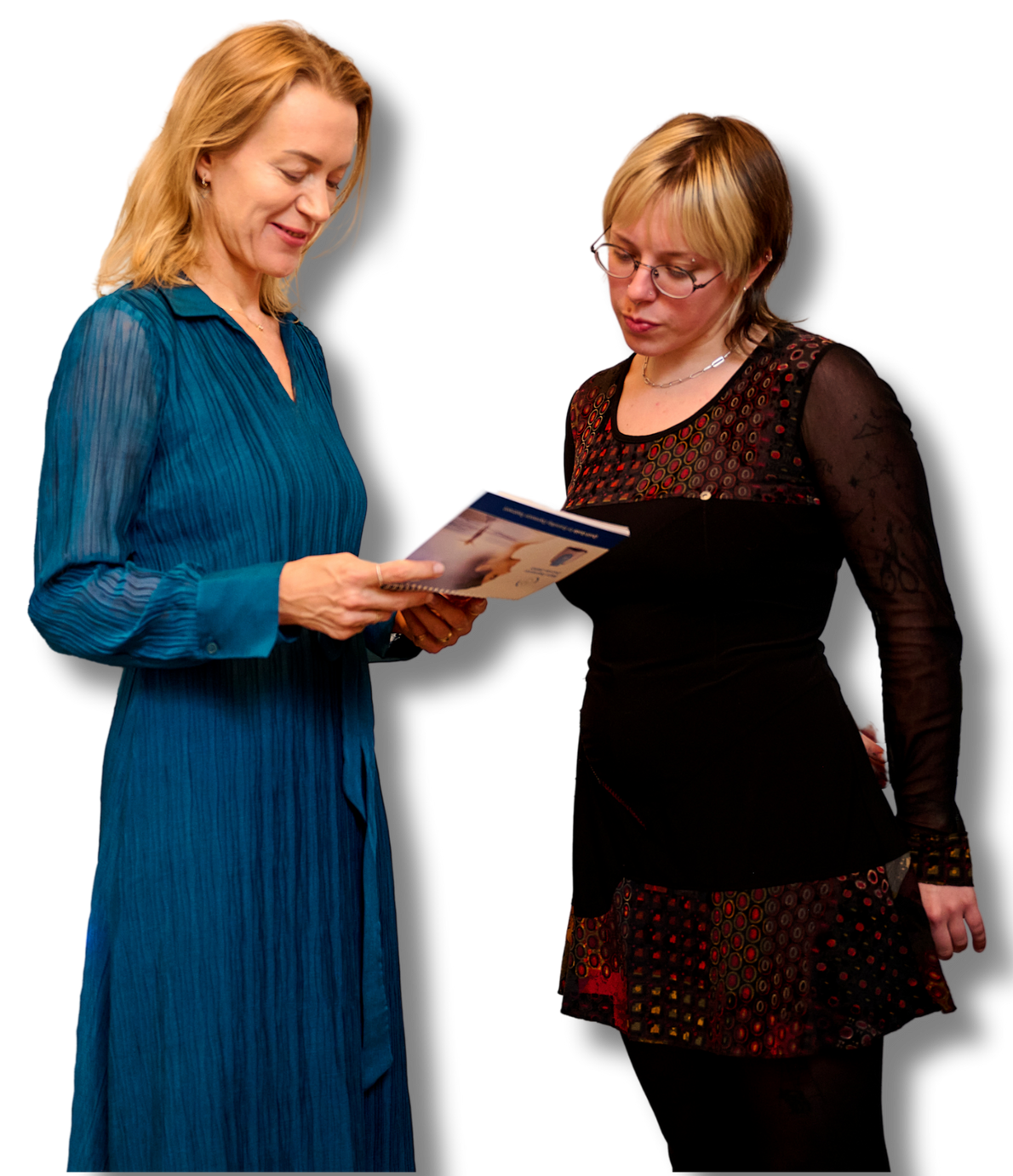
Our Holistic Approach to Depression
At Integrative Mind, we take a holistic approach to treating depression. That means we consider the whole person - your biology, psychology, relationships, lifestyle, and values - when exploring the best path forward.
We offer a thoughtful blend of evidence-based treatments, and we partner with each patient to co-create a care plan that feels aligned and empowering. For some, that might mean refining talk therapy or medication. For others, it might include movement, nutrition, or nervous system regulation. And for many, especially those facing TRD, it may involve exploring Transcranial Magnetic Stimulation (TMS).
What Is TMS?
Transcranial Magnetic Stimulation (TMS) is a safe, non-invasive treatment that uses gentle magnetic pulses to stimulate specific areas of the brain. It's FDA-approved for treating depression that hasn't responded to medication, and growing evidence supports its use for several other conditions.
TMS is currently FDA-approved for:
- Depression
- Obsessive-compulsive disorder (OCD)
- Depression in adolescents (as a supplemental therapy)
- Smoking cessation
Research also shows TMS can help with anxiety, PTSD, and other conditions.
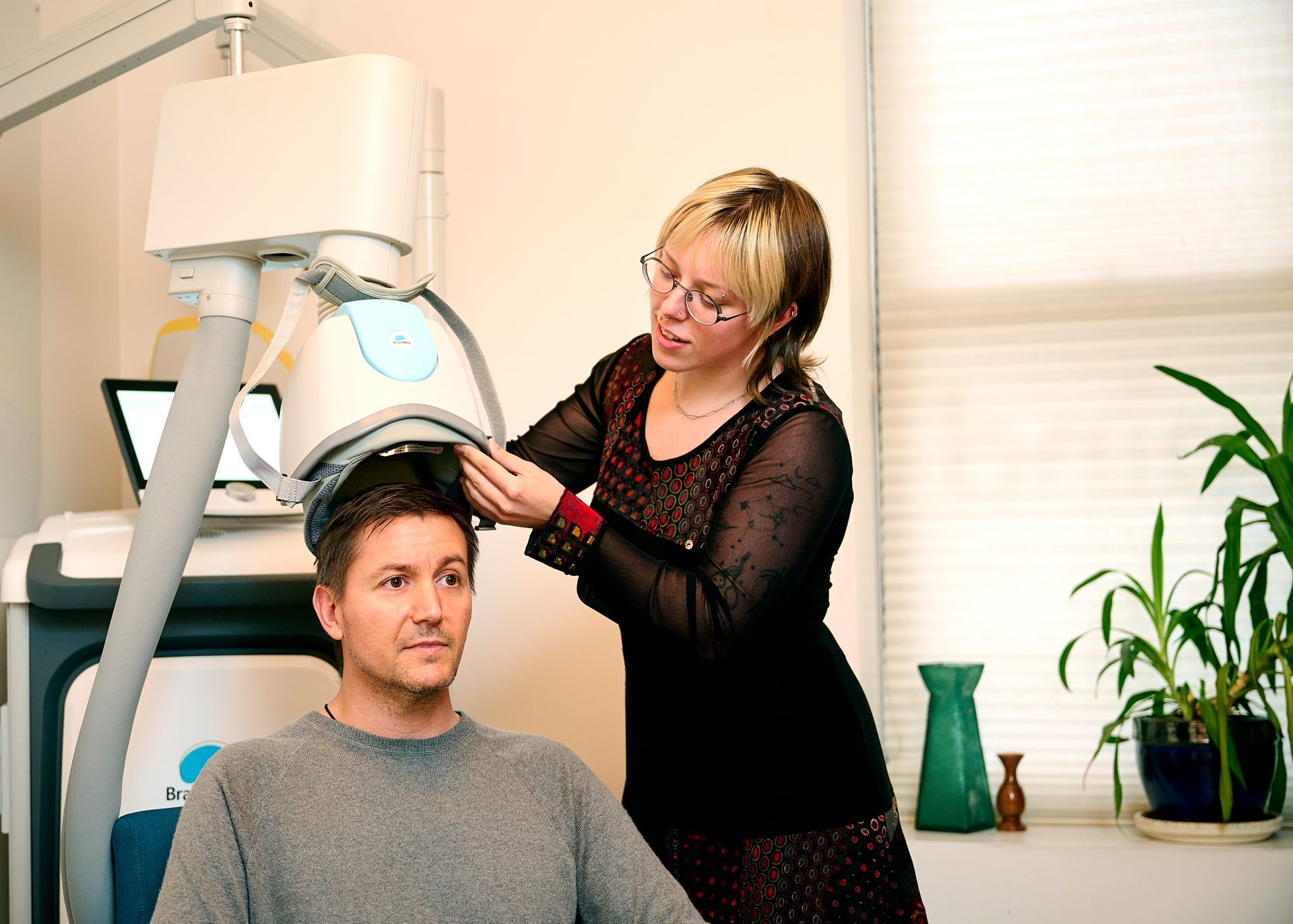
How Does TMS Work?
Simple Science. Powerful Results.
TMS works like this:
- A device containing a magnetic coil is placed against your head.
- The coil sends painless magnetic pulses to specific brain regions that control mood and behavior.
- These pulses help activate brain cells and restore healthy activity patterns.
For depression, we typically target the left prefrontal cortex – an area that helps regulate mood and is often underactive in people with depression.
When Will I Notice Results?
Many patients begin feeling better after about 2 weeks of treatment, though some notice changes sooner. The full benefits typically develop over the 4-6 week treatment course and often continue improving afterward. Everyone responds differently – some people feel immediate effects after sessions, while others experience more gradual improvement. We'll track your progress and adjust your treatment as needed.
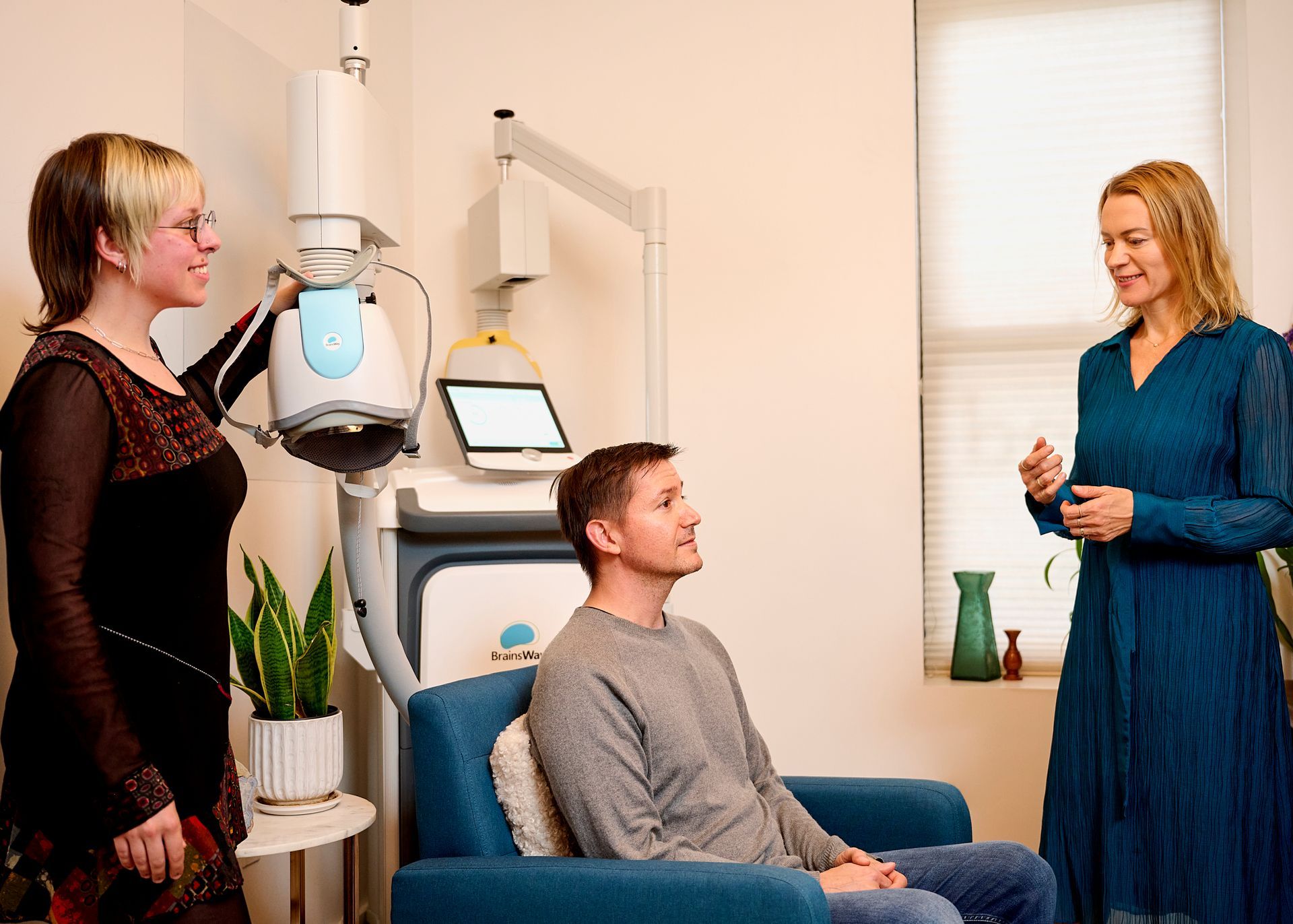
Your TMS Treatment Options
What Happens During Treatment?
How Effective Is Deep TMS?
We offer several proven TMS approaches:
Standard Deep TMS (dTMS)
- 36 treatments
- One 20-minute session per day
- 5 days per week for 6 weeks then 3 days per week, then 2, then 1
- Covered by insurance for approved conditions
- Cost without insurance is $9,000, or $250 per session
Accelerated TMS
- Up to 10 shorter sessions per day
- Complete treatment in 1-2 weeks
- May provide faster relief
- Only partial insurance coverage is possible for approved conditions
- Cost without insurance is $12,500, or $250 per session
Theta Burst Stimulation
- Shorter sessions (3-10 minutes)
- Uses patterns that mimic natural brain rhythms
What Happens During Treatment?
TMS sessions are straightforward:
01
You'll sit in a comfortable chair
02
We'll position the TMS coil against your head
03
You'll hear clicking sounds and feel light tapping sensations
04
You stay awake throughout and can talk with our staff
05
After the session, you can immediately return to your normal activities
TMS is safe and generally well tolerated. However, some people may experience: mild headache that typically fades after the first few sessions, scalp discomfort, and twitching of facial muscles.
How Effective Is Deep TMS?
Deep Transcranial Magnetic Stimulation (dTMS) has shown positive outcomes in clinical studies:
- High response rates: A comprehensive analysis of 1,753 patients revealed that after 30 sessions of dTMS, 81.6% of patients experienced meaningful symptom improvement, with 65.3% achieving clinical remission.
- Long-lasting benefits: Most patients who responded to treatment maintained their improvements over time, with benefits extending well beyond the treatment period.
- Medication-resistant depression: For patients who haven't responded to multiple medication trials, TMS offers new hope. Multiple controlled studies show TMS significantly outperforms placebo treatment for people with treatment-resistant depression.
- Effective for older adults: Research focusing on late-life depression found remission rates nearly three times higher with active dTMS compared to sham treatment (40.0% vs. 14.8%).
Real-World Outcomes
At our clinic, we've observed similar success rates to those reported in clinical studies. Many of our patients experience substantial relief from depression symptoms that had previously not responded to medication or therapy alone.
While individual results vary, TMS generally provides:
- Response rates of 50-60% (significant improvement in symptoms)
- Remission rates of 30-40% (minimal or no depression symptoms)
- Enhanced effects when combined with therapy or medication
Most importantly, TMS offers renewed hope for many patients who had previously found little relief from traditional depression treatments. Our comprehensive assessment helps determine if TMS is likely to be beneficial for your specific situation.
Costs and Coverage
A complete course of standard TMS includes:
- A Initial evaluation to personalize your treatment
- Initial brain mapping and one re-mapping each week
- Daily weekday sessions for 4-6 weeks
- Support from our trained specialists
- Regular progress monitoring
Your Treatment Includes
- A comprehensive evaluation to determine if TMS is right for you
- Personalized treatment planning based on your symptoms and needs
- Supervised sessions with trained clinicians to ensure safety and effectiveness
- Progress tracking to monitor improvements and adjust treatment if needed
Cost of Treatment
The total cost for accelerated TMS is $12,000.

Financial Assistance Policy
At Integrative Mind, we believe that finances should never stand in the way of receiving effective mental health care. If insurance coverage is not available or high deductibles pose a barrier, we can still support you.
We offer flexible payment plans and financial assistance options. Our Financial Assistance Policy is designed to help eligible patients access Transcranial Magnetic Stimulation (TMS) treatment, even when insurance coverage is not available. We are committed to ensuring our process is fair, transparent, and compliant with all applicable laws and ethical standards.
Why Choose Integrative Mind for TMS?
At Integrative Mind, we provide:
- Experienced specialists trained in the latest TMS techniques
- Treatment plans customized to your specific needs
- A comfortable, welcoming environment
- Comprehensive support throughout your treatment journey
TMS works well on its own or alongside other treatments like medication and therapy.
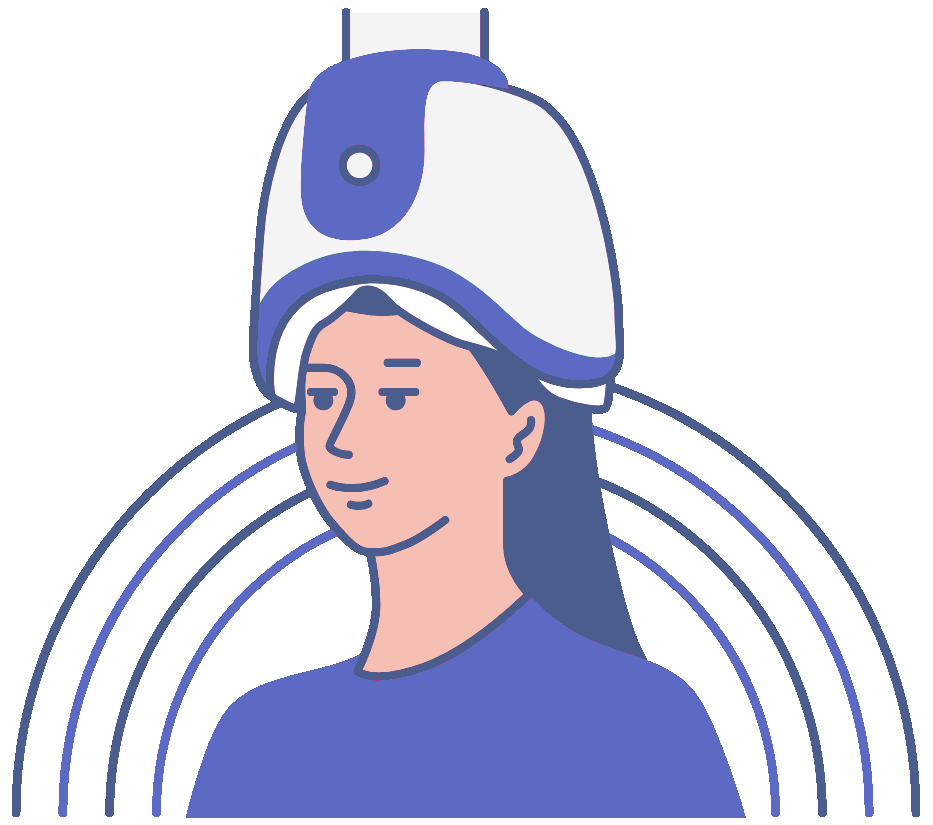
Ready to Take the Next Step?
If you've struggled with depression or other conditions that haven't improved with standard treatments, TMS may provide the relief you're looking for. Contact us today to schedule a consultation and learn if TMS at Integrative Mind is right for you.
References
Tendler, A., Goerigk, S., Zibman, S., Ouaknine, S., Harmelech, T., Pell, G. S., ... & Roth, Y. (2023). Deep TMS H1 Coil treatment for depression: Results from a large post marketing data analysis. Psychiatry Research, 324, 115179.
Deep TMS H1 Coil Treatment for Depression: Results From a Large Post Marketing Data Analysis.
Hung, Y. Y., Yang, L. H., Stubbs, B., Li, D. J., Tseng, P. T., Yeh, T. C., ... & Chu, C. S. (2020). Efficacy and tolerability of deep transcranial magnetic stimulation for treatment-resistant depression: a systematic review and meta-analysis. Progress in Neuro-Psychopharmacology and Biological Psychiatry, 99, 109850.
Levkovitz, Y., Isserles, M., Padberg, F., Lisanby, S. H., Bystritsky, A., Xia, G., ... & Zangen, A. (2015). Efficacy and safety of deep transcranial magnetic stimulation for major depression: a prospective multicenter randomized controlled trial. World Psychiatry, 14(1), 64-73.
Kaster, T. S., Daskalakis, Z. J., Noda, Y., Knyahnytska, Y., Downar, J., Rajji, T. K., ... & Blumberger, D. M. (2018). Efficacy, tolerability, and cognitive effects of deep transcranial magnetic stimulation for late-life depression: a prospective randomized controlled trial. Neuropsychopharmacology, 43(11), 2231-2238.
Feel Like You’ve Tried Everything?
If talk therapy and medication haven’t worked, there’s still a path forward. Take a short quiz to see if TMS might be right for you.
Dr. Lewis is both super smart and on the cutting edge of research in the field, and a thoughtful compassionate listener. She is great at getting to the nut of any issue and makes thoughtful recommendations for how to move forward. I've sent her multiple patients who give her great reviews and the kids she's worked with think she is super-cool.
Laura R.
Integrative Options
Related Services
Your Care Thoughtfully Matched
Not sure which treatment is right? Take a short quiz. Your responses go straight to our care team, who will follow up with expert treatment recommendations tailored to you.
Why Integrative Mind Is Different
We treat the whole person - not just the symptoms. Combining advanced treatments, compassionate care, and personalized planning to help you heal, grow, and thrive.
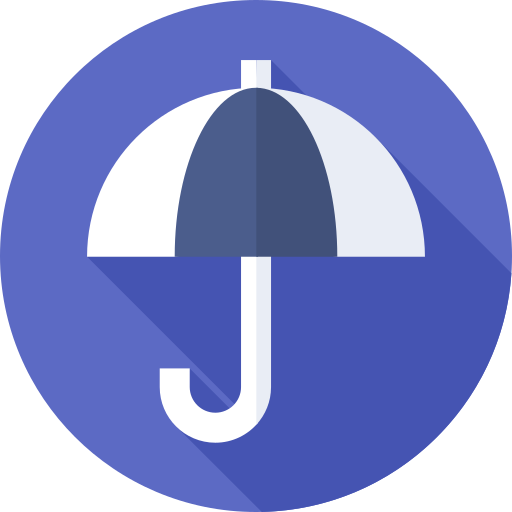
Most Major Insurance Accepted
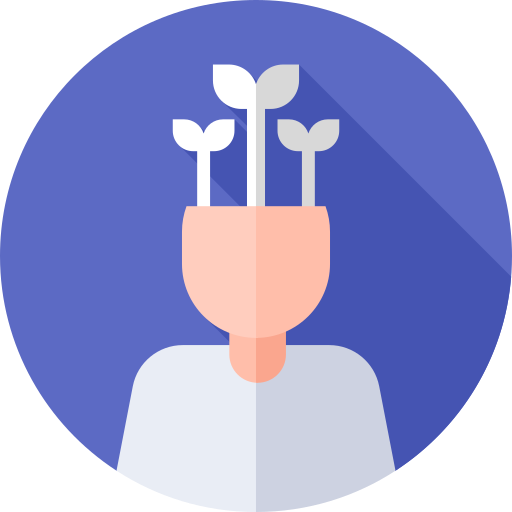
Holistic, Whole‑Person Care
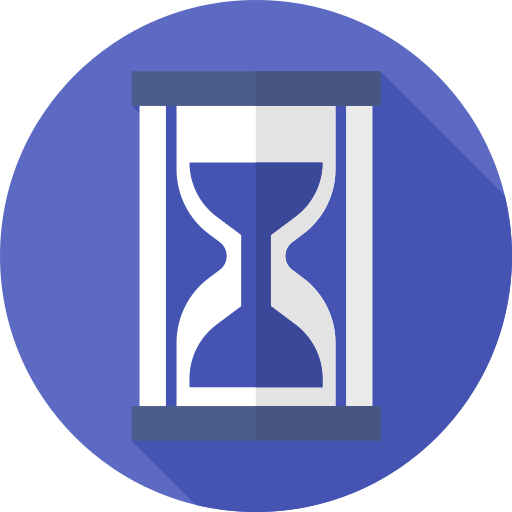
All‑Inclusive 5‑Day Program
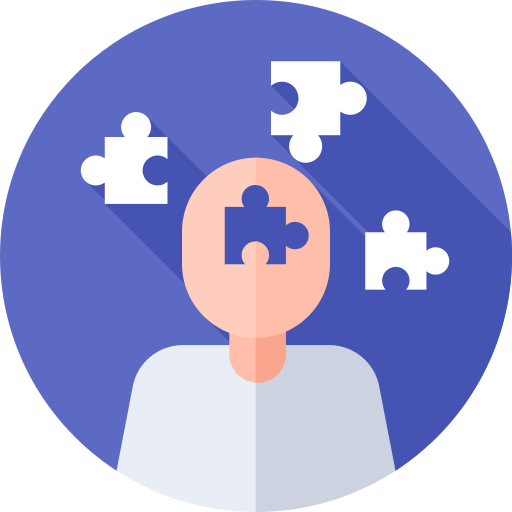
Personalized Treatment Plans

Evidence‑Based Treatments

Expert, Compassionate Team
Learn. Compare. Decide.
Your Questions, Answered.
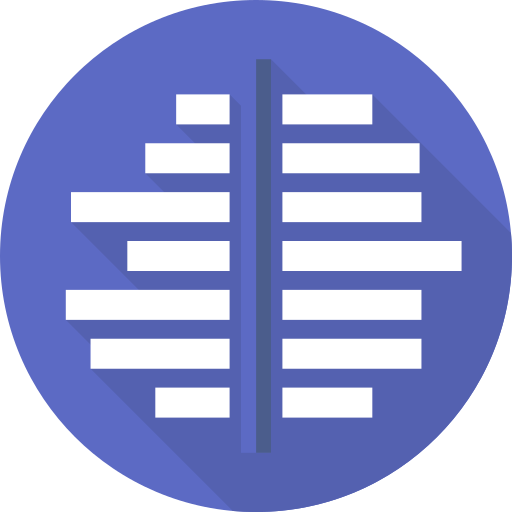
Compare
Explore the differences between TMS, medication, therapy, and holistic strategies - side by side.
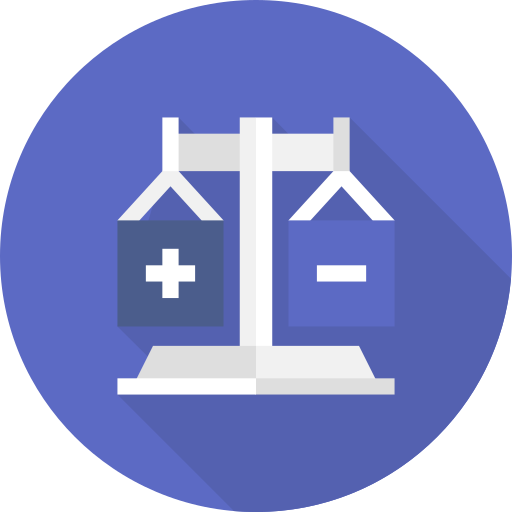
Pros & Cons
Understand the benefits and limitations of TMS therapy so you can make an informed decision.

Expectations
Learn what your care journey will look like - from your first visit to your personalized treatment plan.
Free Consultation
For more details or to schedule a 10 minute consultation, give us a call at 973-270-9881 or complete the form below.
What Happens After I Send My Message?

We’ll review your message within 1 business day

A care coordinator will follow up to answer your questions

We’ll guide you through the next steps to book your assessment
Virtual & In-person Appointments
Office Information
